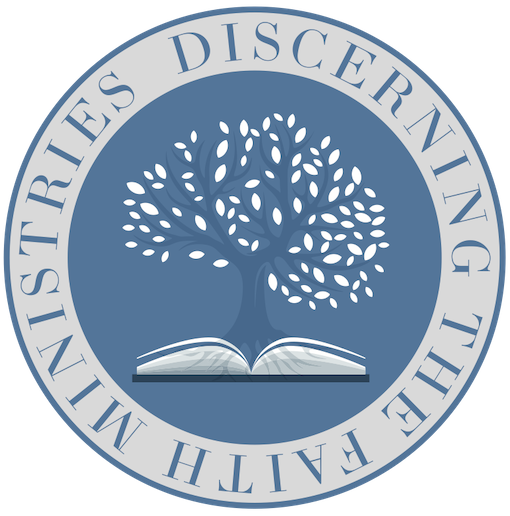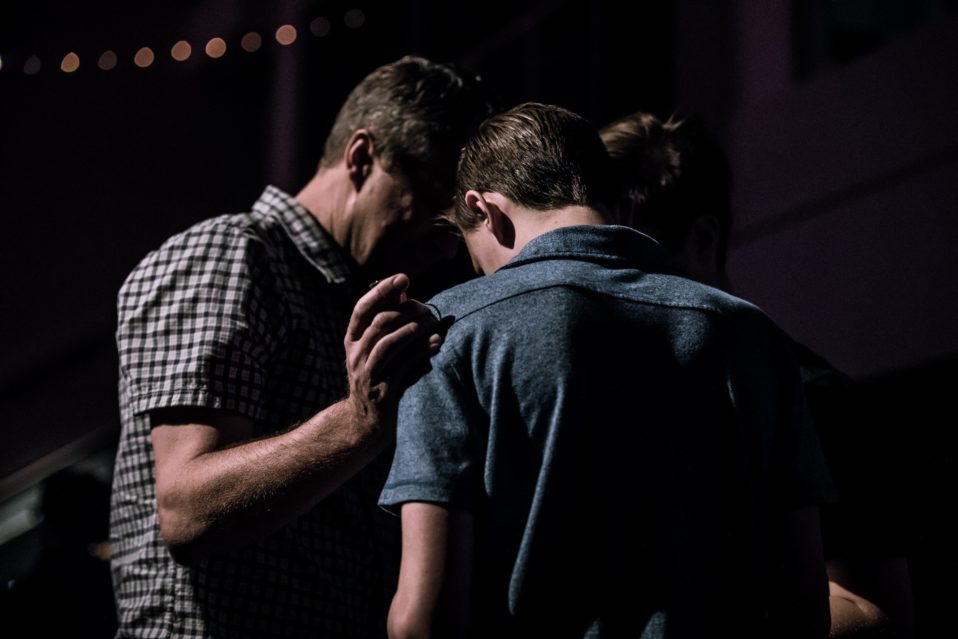Every church needs a pastor, but every pastor needs the church. Pastors and elders hold a unique position in the life of the church as the spiritual leaders who teach, guide and protect the flock, as those entrusted with the care of the local church who serve as under-shepherds for the Chief Shepherd. Few churches would ever believe they could properly function as a church without a pastor because it is rightly seen as an absolute necessary part of the church. It is for this reason, Paul commanded Timothy to appoint elders in every city (Titus 1:5). Note the plural nature of the word “elders,” indicating the biblical model for a church to consist of a plurality of elders. The church doesn’t just need one pastor, but a plurality of elders or pastors.
At the same time, it is easy to forget the pastor also needs the church. Difficult are the labors of a pastor, especially the one who is placed in the position as the full-time shepherd in the church. The one who studies the Word of God intently each week in preparation to preach and teach. The one who conducts visitations, engages in various types of counseling, disciples men in the church and handles the daily operation of the church. Very few professions could be characterized as having the same level of physical weariness and emotional strain which is often associated with a pastor. The burden of having a front row seat to witness a family torn apart by infidelity, a husband and wife losing their only child to cancer, a couple struggling through infertility and the downward spiral of a person in spiritual decline. The physical weariness which can be associated with standing up week after week, perhaps multiple times during the week to preach God’s Word as a faithful steward. This is the life of a pastor.
So why does the pastor need the church? The pastor needs the church to recognize the labor associated with his calling and know how to care for him and his family. To recognize and know when times of rest are necessary for the sake of the pastors own physical and spiritual health. Although pastors and elders must be understood as those called to be spiritual shepherds of the flock, they must also be seen as fellow brothers in Christ who are also in need of spiritual, physical and emotional rejuvenation at various points throughout their ministry. They are in need of compassion and love just as much as any other brother or sister in Christ. This is what it means for the church to “esteem them very highly in love because of their work” (1 Thess 5:13). It is not merely respect for what they say, but for what they do. It is a love which seeks to meet the needs of those spiritual leaders charged by God and entrusted not with just supplying some trivial service to your everyday life, but the very care of your eternal soul (Heb 13:17).
Most of us are familiar with the life and ministry of Charles Spurgeon. His ministry is not only characterized as one with breadth, but one of depth. The countless hours of reading, meditation, studying and prayer throughout each week in order that he might be continually equipped for ministry was nothing less than remarkable. A life given not only to preaching and pastoral ministry, but of preparing pastors for ministry through The Pastor’s College. Despite all of his labors, Spurgeon suffered from physical and emotional ailments which required rest and rejuvenation, often acquired through lengthy trips to the countryside away from the church and his beloved Susie. Yet, Susie and the church understood that to “esteem very highly in love” required moments of separation so the ministry of the Word could continue through his calling. More importantly though, Spurgeon also knew when to be honest with the congregation about his need for these times of rest. He was not anxious about informing the congregation that his ministry not only required study, but moments of recuperation. Yes, even the great Charles Spurgeon knew how to ask the church for a break. There is no doubt the vast, powerful gospel ministry of C.H. Spurgeon would not have been possible without his beloved wife Susie and an understanding congregation who both heard and met his needs.
The specific ways a congregation can provide for the needs of pastors and elders will vary depending on the individual and the church. This is the benefit of a plurality of elders in the church who can gauge the needs of the pastor and each other to ensure adequate care is given. However, it is important to remember every pastor and elder needs physical rest and spiritual nourishment to continue in the work of ministry. Pastors conferences, seminars and sabbaticals are several ways which allow for this to happen. Encourage your pastor and elders to attend good conferences at least once during the year. Provide opportunities for them to simply get away from the church for moments of rest. And pastor, be honest with other elders and the congregation when there is a need for rest and rejuvenation. Do not consider saying a time of rest is necessary as an admission of failure in ministry. This too is where a plurality of elders can share in ministry to enable this to happen. The church doesn’t just need the pastor, the pastor needs the church and both the pastor and the church need to recognize this.






